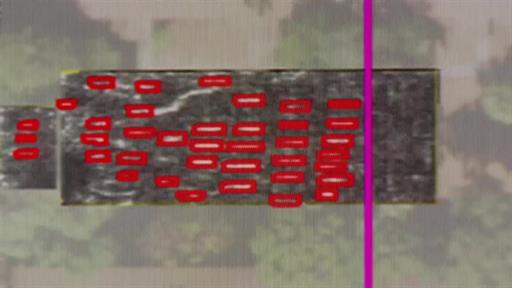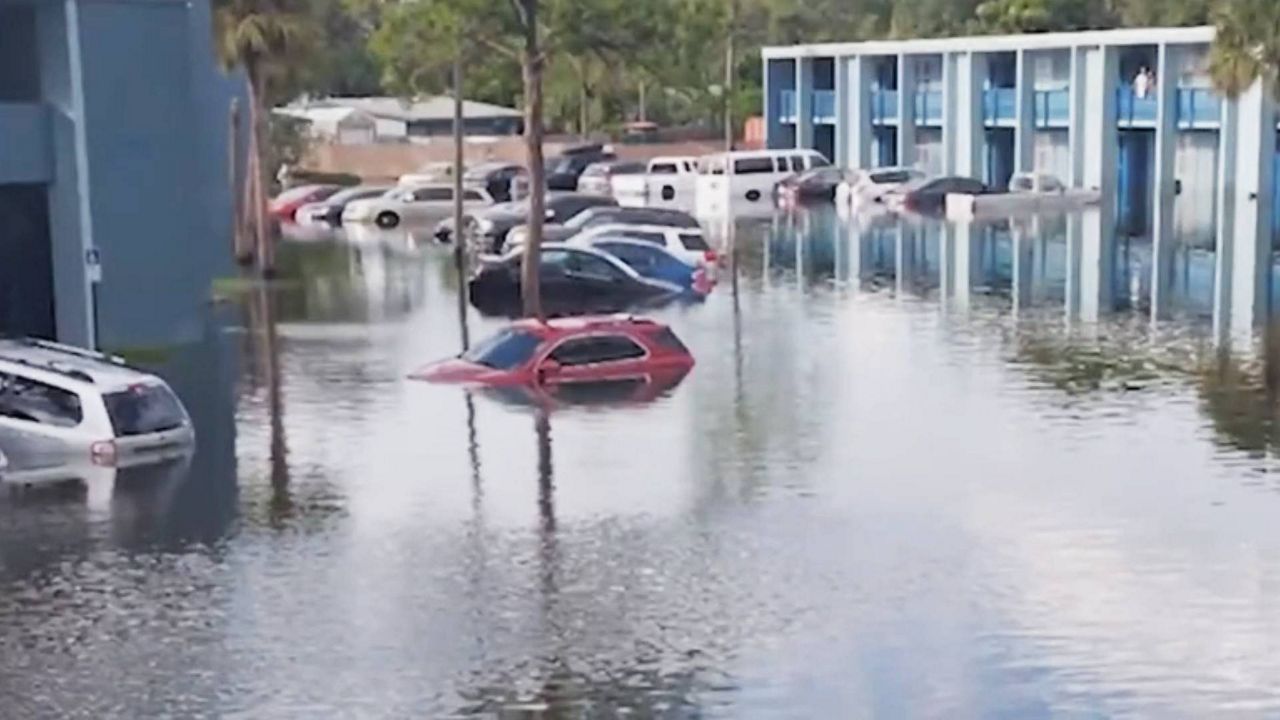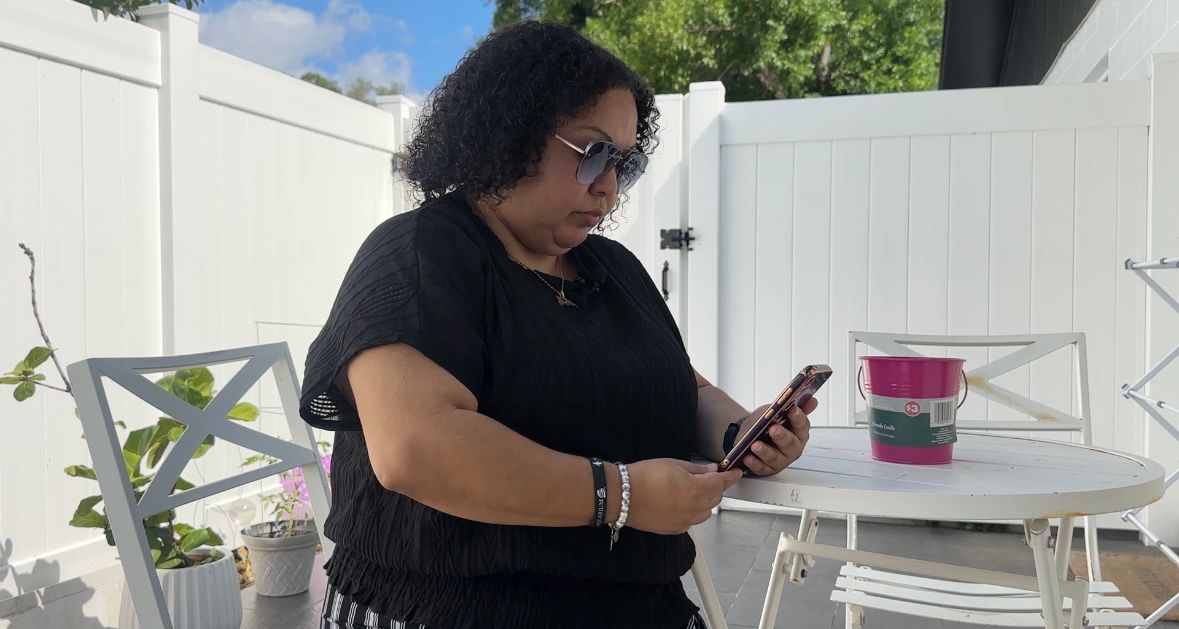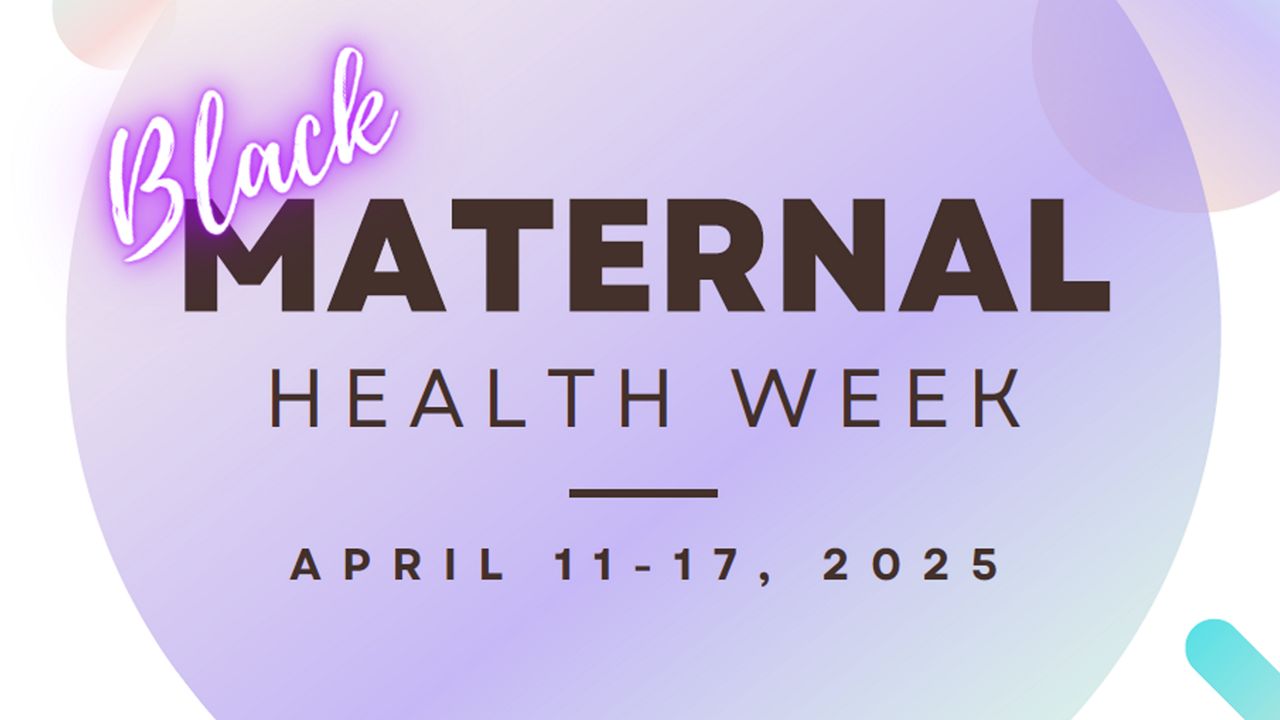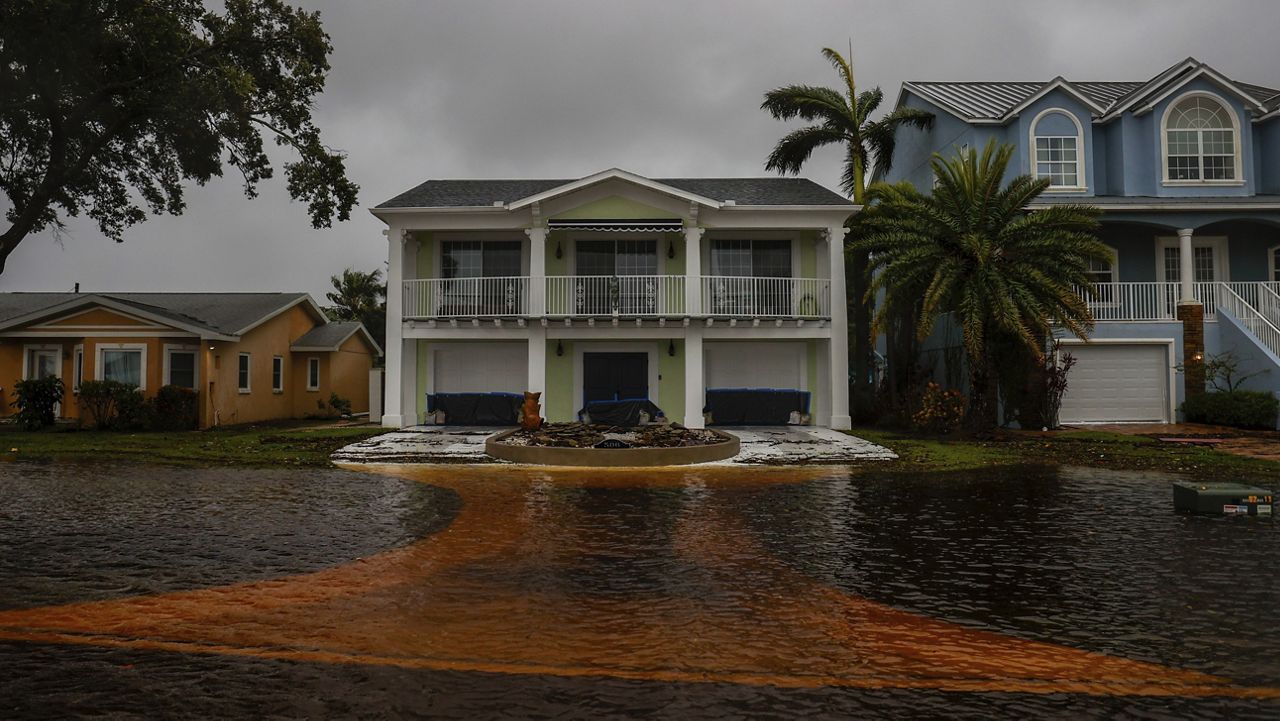TAMPA, Fla. — It’s unclear how the location of Zion Cemetery was lost through the years, or how an affordable housing complex was built right on top of it.
But now, efforts are being made to make things right.
RELATED STORIES:
- Images of Forgotten Black Burial Ground Revealed; City To Relocate Tenants
- Tampa Housing Authority to Relocate Residents of Buildings Built on Historic Cemetery
- More Hillsborough County stories
“I think what’s important here is that we attempt to right this wrong,” said State Sen. Janet Cruz (D-District 18).
Cruz introduced Senate Bill 220 last week, which would allocate roughly $450,000 to pay for research to locate these bodies. Another $50,000 would go towards creating and maintaining a memorial at the site of the former cemetery.
“We honor the dead and we identify where they are, and at least memorialize their cemeteries and let them rest in peace,” said Cruz.
Florida law requires reasonable efforts be made to locate next of kin in cases like this. The funding would go towards that end, as well.
So far, 126 potential caskets have been located underneath Robles Park Village. Historical records indicate there could be hundreds more at the site, considered to be the area's first African-American cemetery.
The Tampa Housing Authority, which owns Robles Park Village, says they appreciate the help from the state with this project and they have a clear vision for how this should move forward.
“If the bodies are there, then to us, it’s a historical site," said Lillian Stringer, director of community affairs at the Tampa Bay Housing Authority. "The first African-American cemetery. We would not want to disturb anybody. Why move bodies that have been there for over 100 years?”
Cruz says she, too, hopes the bodies stay put, but the final decision is up to the next of kin if they can be located.
The legislation is still in its early stages, but Cruz hopes to get it expedited so things can move forward.
The bill would also create an official task force on abandoned African-American cemeteries which would focus on identifying and protecting other neglected or abandoned burial sites across the state.




